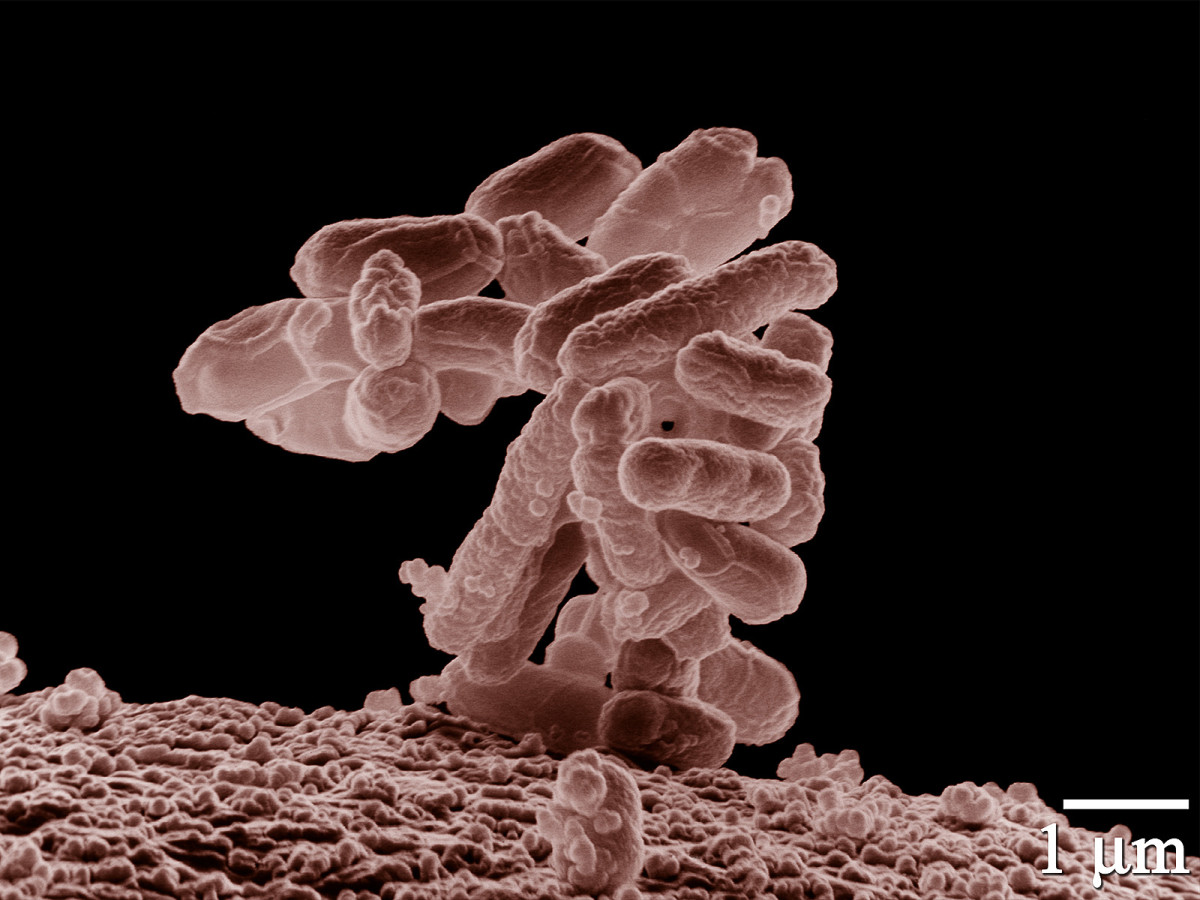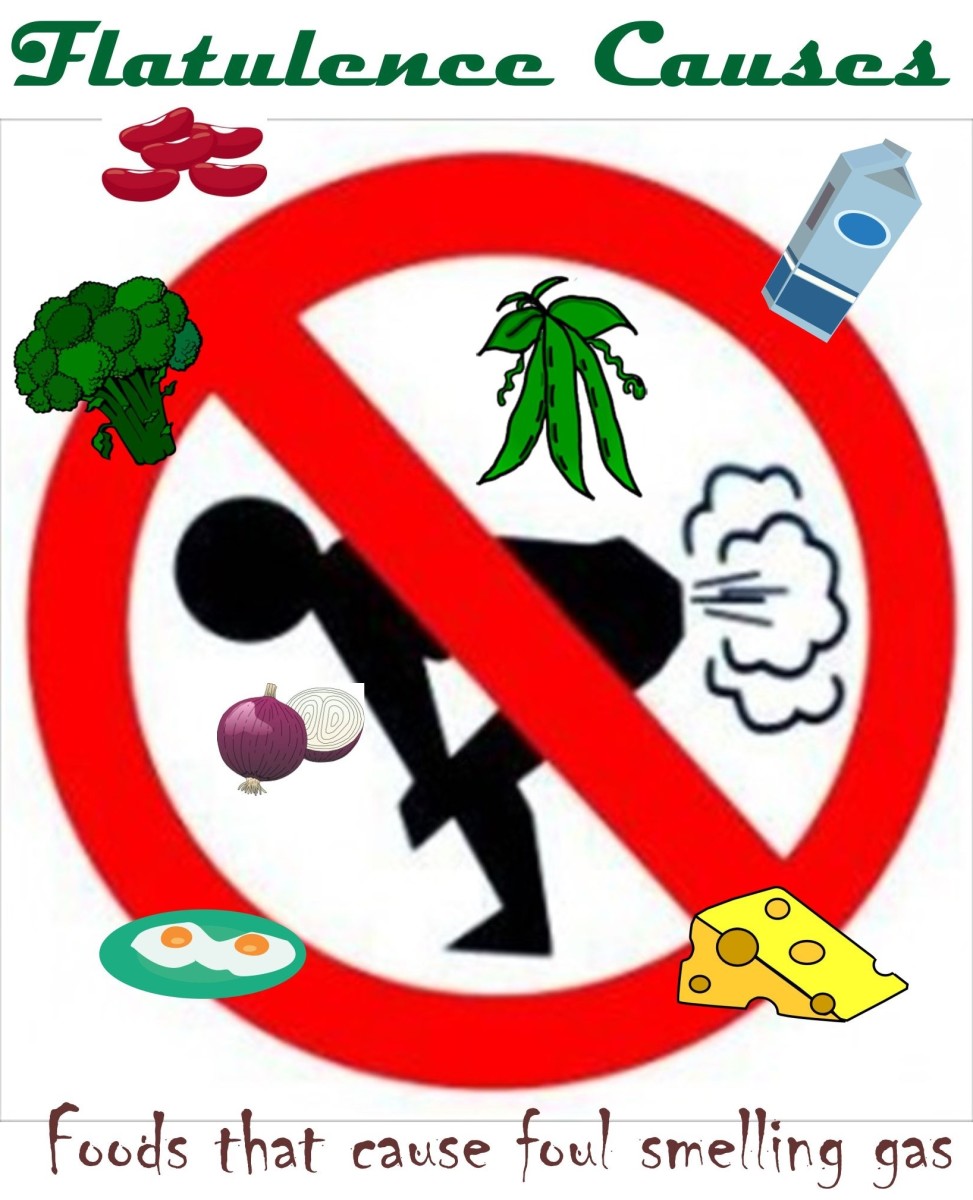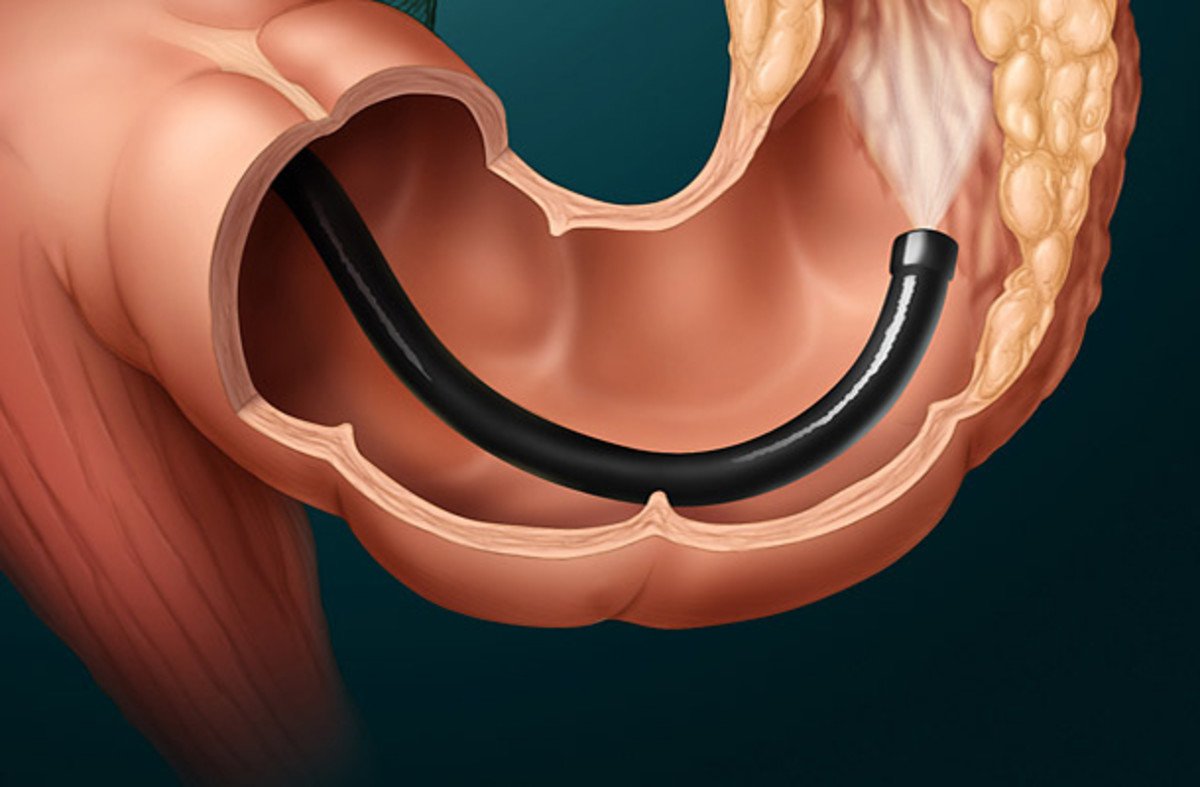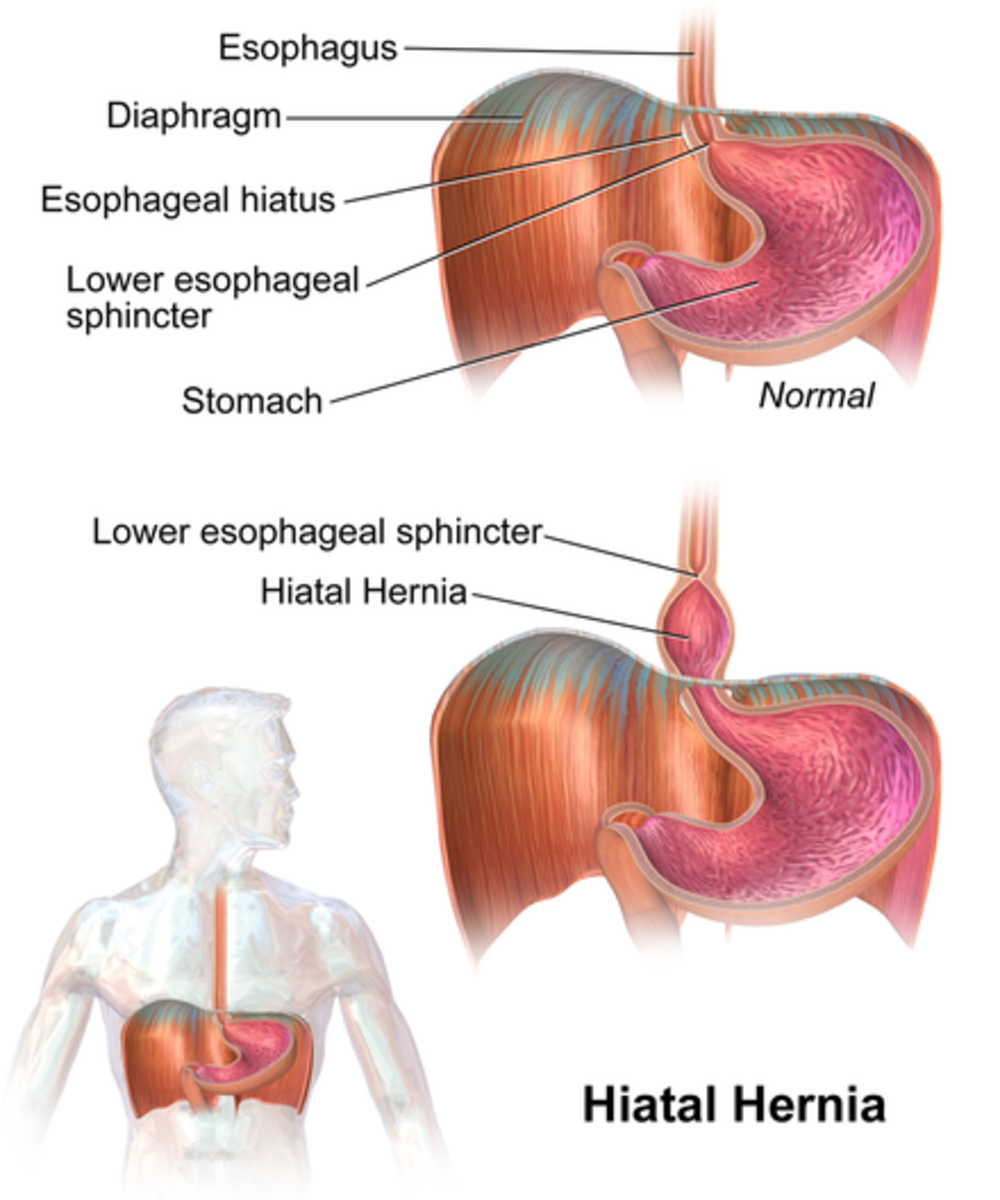Farting for Beginners
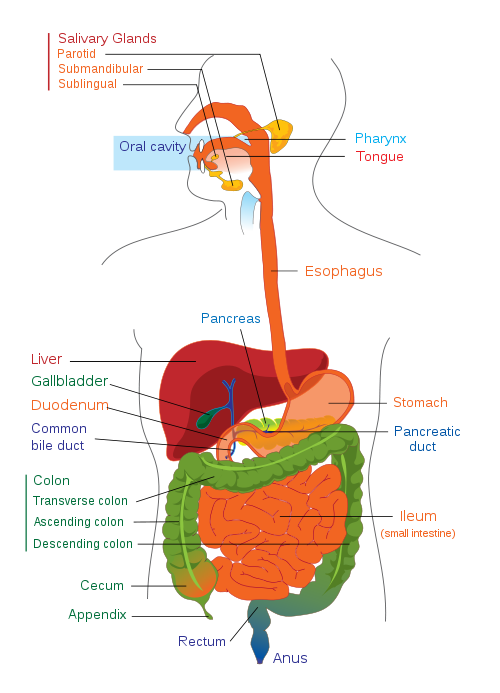
(or How to Reduce It)
Please accept my apologies if the title seems a little risqué. In my defence, I will say that the word is one with a good old Anglo-Saxon pedigree, as seen in the old song “Summer is Icumen In”. It does have the benefit of everyone knowing what it means! For those with tender sensibilities, I’ll refer to “flatulence” from now on.
So what is flatulence?
Simply put, flatulence is the presence in the lower intestine of gases derived from various processes, and usually its (rather noisy, on occasion) expulsion through the anus. It ought to be noted that everyone expels some gas every day; a reasonable estimate for the average might be 1.5 litres of gas per day, expelled on half a dozen or so occasions.
Where does the gas come from?
There are several sources of intestinal gas, varying from person to person and from time to time in their relative importance. The main two are swallowing of air while eating or drinking, and production of gas by intestinal flora from undigested parts of the food we eat. A minor source is carbon dioxide from fizzy drinks, although this is usually expelled in the other direction for the most part.
What is the gas? Is it methane?
In most cases, intestinal gas is mostly carbon dioxide with a small amount of methane and various other trace impurities (which give it its smell) such as hydrogen sulphide, various di-amines such as putrescine and cadaverine (which smell much as you might expect from their names) and skatole. All of these impurities are derived from the breakdown of undigested protein by intestinal bacteria, as are various other strongly-smelling compounds usually present.
Flatulence: Causes, symptoms and solutions
One might think that since everyone produces gas, it shouldn’t be a problem. This is partly true, but if the gas is produced in unusually large quantities, proves difficult to expel or has a particularly offensive odour then it might become a problem for various reasons. The main symptoms of excessive gas (apart from the obvious) are uncomfortable abdominal bloating and sometimes pain caused by the intestines being stretched.
Why do I sometimes produce too much?
The reason for excessive intestinal gas is bound up with the reasons why it exists at all. One reason for having too much gas in the intestines is the swallowing of air, which often happens to a larger extent than normal because you have eaten or drunk too quickly; another possible reason is poor chewing caused by missing teeth and/or ill-fitting dentures, which not only incorporates more air into the food but also makes digestion less efficient.
The other major reason is that for one reason or another you are not digesting as much as normal of your food. This can be because your digestive system is under strain, which often happens when larger than normal amounts of food are eaten or alternatively if the food you eat is particularly difficult to digest. For example, large amounts of cheese made from cows’ milk can cause this problem as can particularly large amounts of well-cooked meat.
The ingestion of large amounts of relatively indigestible protein also tends to make the gas more offensive.
Another reason for the food being difficult to digest is when it contains larger than normal amounts of substances that virtually nobody can digest. This applies to milk (the lactose in it is indigestible to most people over about 4 years old) and also to various plant foods, which tend to contain exotic sugars that the human digestion cannot handle. The well known effects of beer, beans, Brussels sprouts and cucumbers fall into this category. “Beans, beans are good for the heart. The more you eat, the more you...”
Yet another reason for poor digestion is one you can’t do much about. The digestion in almost everyone becomes less efficient the older you get.
And finally, another reason for excessive gas production is that you have the wrong bugs in your intestines. It is often not realised that a fairly large proportion of the digestive process is due to bacteria that live in everyone’s gastrointestinal system, and normally do no harm whatsoever; in fact, bacteria produce quite a lot of crucial nutrients such as biotin, vitamin K, vitamin B12 and butyric acid – this last substance is important for the health of the intestinal lining.
Often, however, the populations of the various strains of micro-organisms in the intestines can become out of balance; the most common reason for this is the ingestion of various drugs, particularly antibiotics, because antibiotics kill bacteria but not fungi – and fungi such as Candida albicans can then get out of control.
So what can I do about it?
The solutions for excessive flatulence proceed naturally from the reasons it happens in the first place.
Chew more slowly, get new dentures
These are fairly obvious. It turns out that the old saying about chewing each mouthful 15 times is about right, and if your dentures don’t fit properly they are likely not only to be uncomfortable but also to lead to digestive problems. It’s also a good idea to make each mouthful a reasonable size.
It’s also probably true that eating more slowly will lead to eating less in total, which may help you to lose weight if you need to.
Don’t stuff yourself
This is self-explanatory. It may be a good idea to redistribute the food you eat around the day; a larger breakfast and smaller evening meal probably helps. Eating less food in total will help in weight loss, too.
Eat less food that you have a problem with
Various foods are well known to cause digestive problems, including but not limited to excessive gas. The list includes cucumbers, just about all beans, and Brussels sprouts. All these foods contain exotic sugars (collectively called oligosaccharides and containing 3-6 simple sugar units such as glucose and fructose linked together) and large amounts of fibre all of which are indigestible by humans. Milk contains lactose, which many people can’t digest either; this does not extend to milk products such as butter, cheese and yoghurt because the sugar has been fermented out. And beer, particularly “real ale”, can be problematic in this way too.
Various people have problems with these foods to differing degrees, and finding out which specific ones are worst for you can be tedious but can be done. A diary of foods eaten and digestive symptoms suffered can be instructive.
Improve your digestion
The digestion can be helped in various ways. Some have already been covered; eating less food at once and chewing it more thoroughly can help. Various spices such as hot peppers (in small amounts) and ginger can improve digestion, and if necessary it is possible to buy supplements that add to the amounts of digestive enzymes in your system directly.
Rebalance your intestinal flora
The bacterial population in your intestines can be put back into balance in various ways. One is to consume fermented milk products such as yoghurt; if you choose this method make sure that they are free of additives and have not been pasteurised. Such yoghurt is usually called live yoghurt.
The other way is to consume products specifically designed to contain large amounts of healthy bacteria, some of which are liquids and others in capsule form. My preference is for the latter, as they generally don’t require refrigeration, have a longer shelf life and are (long term) cheaper to use. Such products should be consumed on an empty stomach with a cold drink, not a hot one; most of these bugs are rather heat-sensitive.

